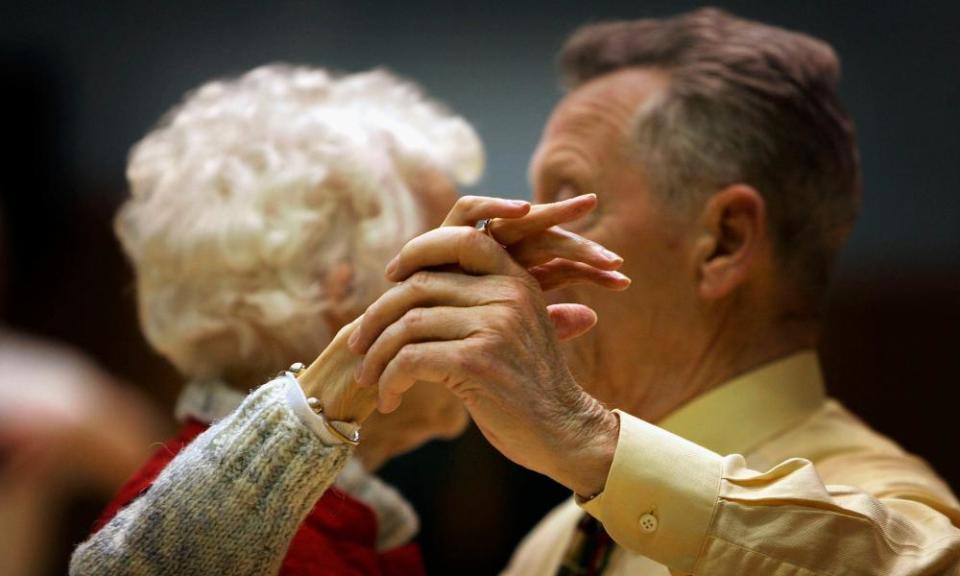It’s a snap election. But let’s not make snap decisions on social care | Faiza Shaheen

After the Manchester attack it is only natural that the public will be looking to political parties to set out how they will deal with terrorist threats and radicalisation.
However, when we cast our ballots on 8 June, most of us will be thinking of the vast array of challenges we will face over the next five years. From the NHS and schools to jobs and climate change, and of course Brexit – this country is at a historic turning point. Yet we have just 12 days to debate and digest the ideas being put forward by the parties to address these challenges.
Today we are seeing some of the broader issues creep back on the agenda, but there is one that is yet to resurface – social care. On Monday evening Theresa May was reeling after her humiliating manifesto U-turn and an excruciating BBC interview with Andrew Neil. Her decision to introduce a cap had raised futher questions not only about the policy and May’s leadership style, but about the cost to the exchequer.
Yet at the Institute of Fiscal Studies’ (IFS) presentation of its analysis of the financial implications of the party manifestos this morning, not one journalist asked about the Conservatives’ social care policy. Of course, the Tories will be keen to erase all this from our memories, but we must not draw a line under the issue.
Right now, four in five councils can’t cope with demand for elderly care. Social care took a £4.6bn cut between 2010 and 2015. With demographic changes in the UK population, funding for social care is going to become an even bigger issue over the next few years. The Office for National Statistics has projected that one in five of the people in Britain will be over 65 by 2035, rising to almost one in four by 2045. A survey by LSE’s Personal Social Services Research Unit found that social care costs for older people are projected to reach £17.5bn by 2035 – up from £6.9bn in 2015. Clearly, business as usual will not solve this problem.
The Conservatives’ proposal on social care fails on principles of fairness because it does not consider the lottery of illness, in particular long-term conditions such as dementia. Policies that make individuals personally liable for the potentially devastating financial costs of their own illness break with the postwar consensus to share the risk across the whole population.
Second, while the policy was sold as a way to address inequality between generations, because it is not coupled with ways to address high debt, low pay and high housing costs among younger people, it only equalises misery across generations. And third, it is likely to fail in practice because many older people will just sign their houses over to their children in a similar way to how most currently avoid an inheritance tax.
Watching my own mother have to fight harder and harder for appropriate care over the last decade was heartbreaking. So too was observing increasingly stressed care workers, often migrants on zero-hour contracts and on minimum wages.
Not only do we need to get back to talking about how we pay for social care: we also need talk about linked issues of immigration and workers’ rights. This isn’t just a theoretical exercise – these are real lives, with real implications for our wellbeing, whether we are those who need care, those who depend on it to keep our loved ones properly looked after, or those working in the sector.
Today, the IFS found that under current Conservative proposals we will face another five years of public spending cuts. That’s huge news.
Snap election results should not be based on snap decisions from voters. We have to give such crucial issues as social care a proper airing.

 Yahoo News
Yahoo News 